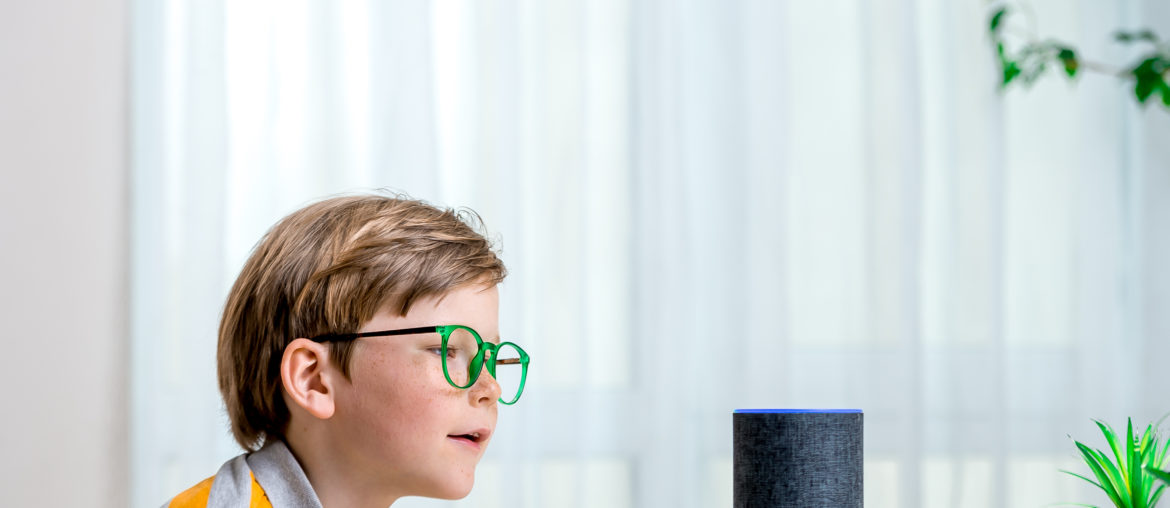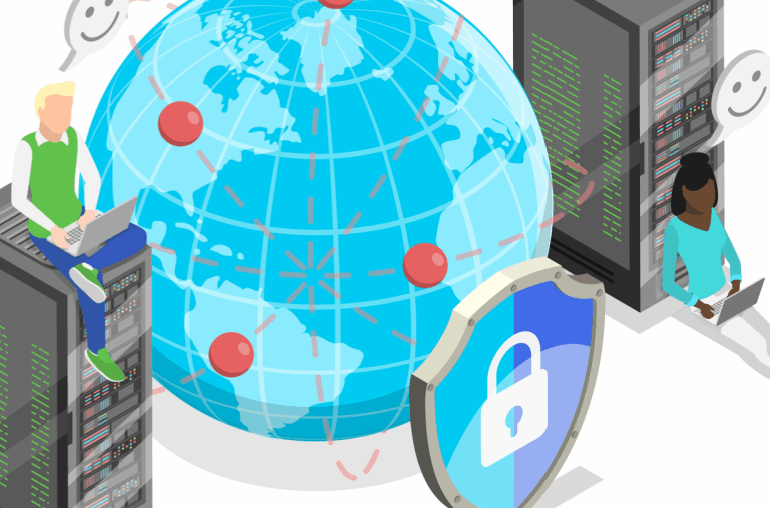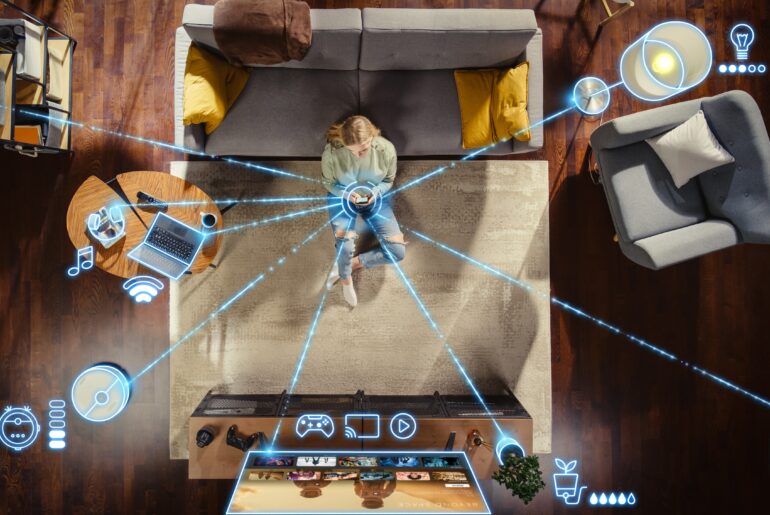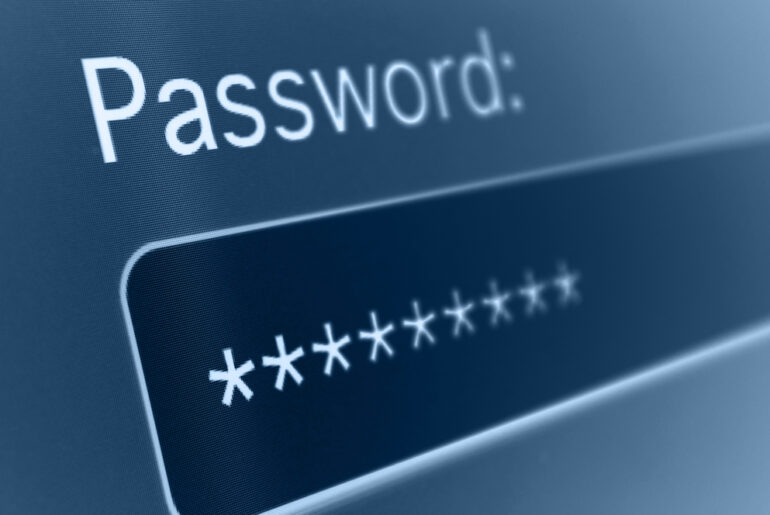Smart home appliances and accessories are all the rage, especially for busy families and working professionals. The ability to dictate voice commands to an Alexa and have it complete simple tasks, such as creating a grocery list or turning on the lights, helps users save both time and energy. The convenience of these integrated devices has made them a staple in many living rooms across the country, but are they gathering more data than they need? In other words: is your home Alexa spying on me?
It has never been more important to protect your personal information from potential security threats. It can be easy to forget that your devices are always on, but ensuring that they are unable to gain access to your private data is crucial to keeping a smart device, such as Amazon’s Alexa, in your home.
When Does Your Amazon Alexa Listen to You?
One of the most common reasons that consumers purchase a smart device from Amazon, like an Echo or an Alexa, is due to the ease of convenience. Being able to access information such as the weather or local traffic reports without touching a computer or smartphone has plenty of advantages. However, to provide the consumer with the best service possible, these devices require a stable Internet connection and a way to “hear” your questions. Thus, they must remain on at all times. This might make the average consumer wonder how much it’s listening in on.
While this may seem like a breach of privacy, there is a clear distinction between “listening” and “recording.” Amazon has programmed their Alexa and Echo lines to “listen” for the words that wake them from hibernation. This means that they are created to only identify specific phrases or terms before being asked direct questions or being given tasks. However, Amazon Alexa smart devices can be activated using many different phrases such as, “Hey Alexa” or “Alexa, what time does my basketball game start?” The device is designed to respond to its name, and any combination of speech that involves that name will wake up an Amazon device.
Once the device has been activated, any questions or tasks that are communicated to Alexa by the consumer are processed through microphones built into the device and uploaded to Amazon servers which analyze the recording using a specific algorithm. These algorithms then detect certain speech patterns and are used to provide quick answers to user queries. Many of those who own an Amazon Alexa smart device understand that they are picking up requests and commands from their user base, but what does this mean for the privacy of personal information?
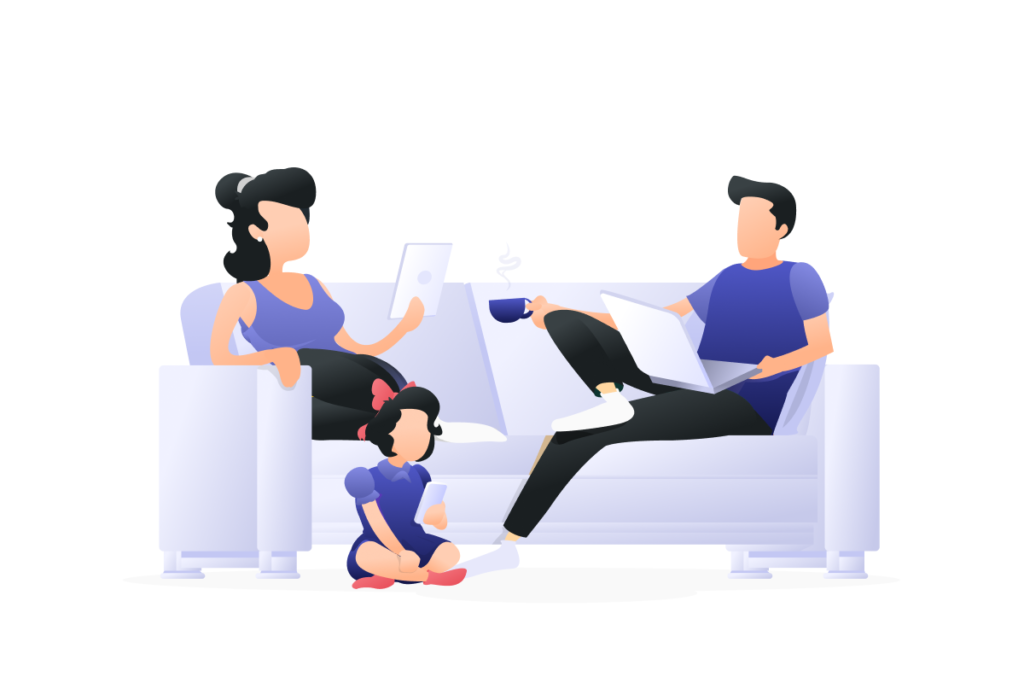
Are Home Assistant Devices Collecting Your Personal Information?
What you say to your Alexa device is as accessible as any other private data shared on the Internet. Recordings of your commands and inquiries are stored within your Amazon account based on the privacy settings that you established. While there are ways for you to find and remove your voice recordings from your Amazon account, it can be difficult not to feel like your Alexa is spying on you.
Amazon has confirmed that their employees listen to and analyze “a fraction of one percent of interactions” that are recorded on Amazon Alexa devices, as reported by Readers Digest. Although it is possible to adjust the privacy settings within your Alexa account, there are other aspects of the information being collected that can be used without your permission. Companies that have the authority to record consumer data have control over where that data goes and how it is utilized. This may not include information such as your name or your location, but it does have the potential to direct advertisements towards you and users who share your Amazon account.
Identifying certain pieces of information can provide Amazon with the opportunity to structure their advertisements toward you more directly. If you frequently add organic ingredients to your grocery list through your Amazon Alexa device, you may receive ads for health food the next time you log on to your Amazon account. While this seems harmless on the surface, it is more information than a third-party company should know about you without your permission, and it is vital to take corrective measures to guard your private data.
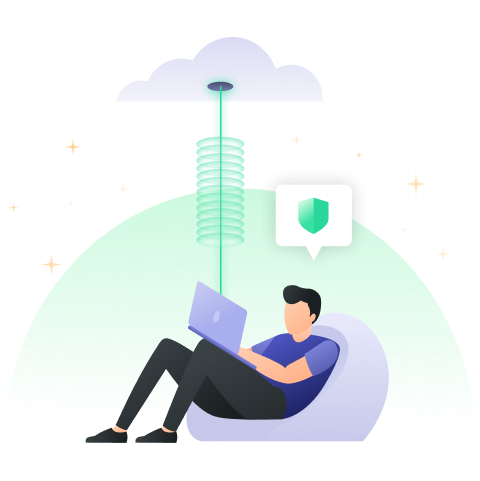
How Can I Protect My Privacy On an Alexa Device?
One of the most common questions that users ask about their Alexa is how they can keep their private information safe from any potential threats or spying. Much like other smart devices, a strong password can create a higher level of security and can be changed as often as needed. Users can also choose to mute their microphone on the Amazon Alexa smart device and prevent it from recording anything. Depending on how safe you hope to make your Amazon Alexa, there are a variety of ways that you can strengthen your security.
Securing your Internet connection is a major aspect of protecting any vulnerable data. Although powerful login credentials can prevent most bots from hacking into your account, there are still ways for other potential threats to appear when using a smart device. Obtaining a dedicated VPN is a great solution for defending your privacy rights and arming yourself against any attacks that could threaten the security of your personal information.
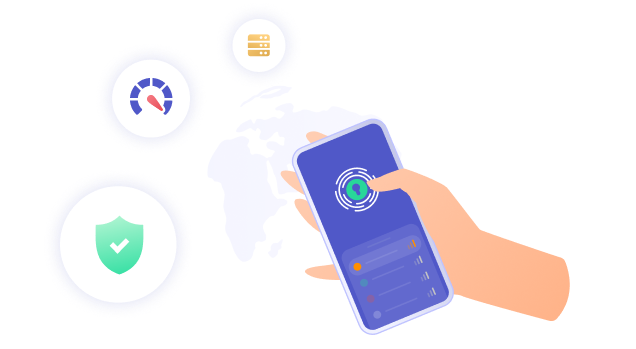
Avoid Spying by Smart Devices with a Strong VPN
Taking your Internet security into your own hands is one of the few ways that you can ensure that your information will be safe. If you have a smart device in your home, it is necessary to review your privacy settings and modify them to fit your desired level of security. Installing a robust VPN provides you with a way to protect your data and help you navigate the Internet without fear of major security threats.
Using a high-quality VPN makes it safer for you and users in your home or workplace to access the Internet more securely, opening up the possibility for much more freedom to use your Alexa device, or other smart technology, in a much safer manner.
Download PrivadoVPN
Protect your privacy with a world-class VPN. Sign up for premium access to PrivadoVPN and get unlimited monthly data, access to 300+ servers from around the world, and up to 10 simultaneous connections. Get a top-rated VPN that can secure your privacy at home, at work, or on the go.
Sign up for PrivadoVPN today!

